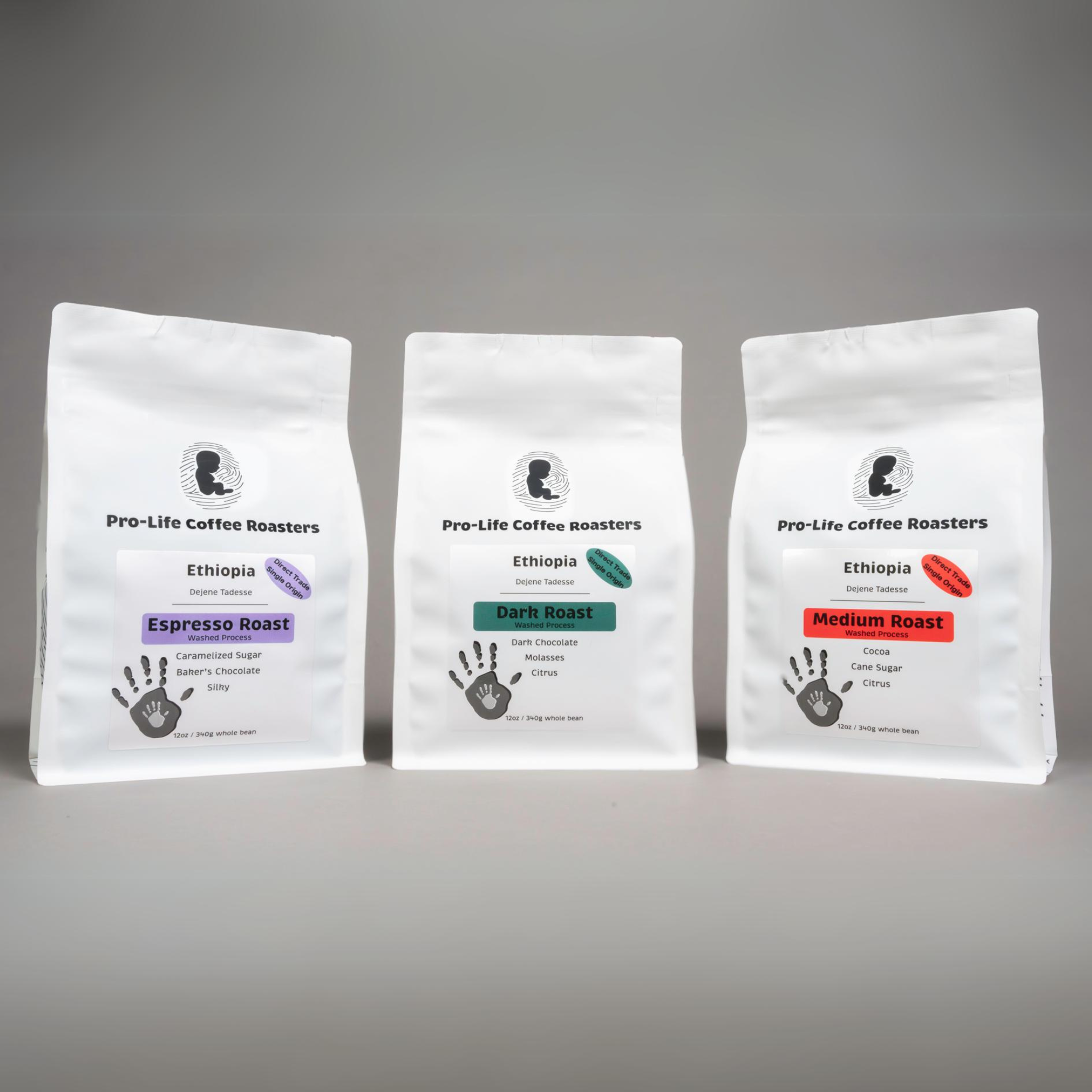How SOE Single Origin Espresso Improves Your Wake-Up Brew
Checking Out the Rich Tastes of Coffee Beans: a Deep Dive Into Espresso and Blended Coffee Beans
When you check out the rich tastes of coffee beans, you reveal a complex globe where each selection brings its own character to your mug. Comprehending the beginnings, refining techniques, and roasting strategies can change your coffee experience. As you browse through the art of espresso and the creative thinking behind mixed coffees, you'll start to value the subtleties that make each sip one-of-a-kind. What you'll uncover next may change the means you appreciate your morning mixture.
The Origins of Coffee Beans: Checking Out Terroir and Taste Profiles
When you take a sip of coffee, you're not simply taking pleasure in a beverage; you're experiencing an abundant tapestry of tastes shaped by the beans' beginnings. Each region produces distinct flavor profiles influenced by climate, elevation, and soil. For example, beans from Ethiopia frequently rupture with brilliant, fruity notes, while those from Colombia tend to provide a balanced, nutty sweetness.
As you explore various beginnings, you'll discover just how terroir-- the ecological factors impacting a plant-- plays a crucial function - Single Origin Espresso. The exact same coffee variety can taste significantly various depending upon where it's grown
When you take into consideration these aspects, you start to appreciate the intricacy behind your cup. Each sip narrates of the land and the farmers that nurtured the beans. So, following time you delight, think of the journey your coffee took before it reached your hands, and enjoy those elaborate tastes that mirror its beginning.
Recognizing Coffee: The Art and Science Behind the Mixture
When you consider coffee, it's not nearly the strong taste; it's likewise regarding the strategies that bring it to life. Comprehending exactly how various prep work approaches effect preference can transform your brewing experience. Let's check out the complexities of coffee prep work and uncover the distinct taste profiles that make each cup unique.
Espresso Preparation Techniques
Coffee preparation is both an art and a science, integrating exact methods with a deep understanding of coffee. To start, you'll want to pick premium, fresh baked beans and grind them finely for perfect extraction (Single Origin Espresso). The work size is important; also rugged, and your coffee will be weak, too fine, and it'll be bitter
Next, tamp the premises evenly in the portafilter to assure consistent extraction. When you secure it right into the machine, goal for a brewing temperature in between 190 ° F and 205 °
F.As you pull the shot, look for the excellent extraction time-- around 25-30 secs. The result should be a rich, luscious coffee with a gorgeous layer of crema on top. With method, you'll grasp these strategies.
Taste Profiles Clarified
The world of coffee provides an abundant tapestry of taste accounts that can elevate your coffee experience. Light roasts often display intense level of acidity and vivid tastes, while dark roasts present deeper, bolder tones.
Recognizing these accounts aids you choose the best espresso for your palate. Explore different blends can reveal surprising combinations. As an example, a well-crafted mix could harmonize the bright notes of an Ethiopian bean with the abundant, chocolatey touches of a Brazilian bean. Embrace the journey of uncovering espresso's diverse flavors, and you'll transform your coffee routine into an amazing adventure.
Processing Approaches: Exactly How They Impact Taste and Aroma
While it might appear that the origin of coffee beans is the most significant variable in establishing their flavor and fragrance, the handling approaches made use of post-harvest play a similarly necessary duty. You'll find that these techniques can significantly change the last taste account of your mug.
For instance, the washed procedure gets rid of the fruit from the beans before fermentation, typically leading to a cleaner, brighter taste. The natural process leaves the fruit intact throughout drying, resulting in a sweeter, fruitier account.
Various other approaches, like honey handling, strike an equilibrium, enabling some fruit mucilage to stay, providing an one-of-a-kind complexity.
Each handling technique connects with the beans' integral attributes, Single Origin Espresso enhancing or silencing details flavors and aromas. So, when you sip that espresso or blended coffee, remember that the trip from cherry to cup is affected not just by beginning yet also by just how those beans were refined.
Toasting Methods: Opening the Complete Possible of Coffee Beans
Roasting methods are vital for disclosing the complete capacity of coffee beans, as they change raw, green beans right into the fragrant, tasty coffee you delight in. The selection of toasting technique-- light, medium, or dark-- drastically influences flavor profiles. Light roasts protect the beans' all-natural level of acidity and fruity notes, while medium roasts balance sweet taste and richness. Dark roasts, on the other hand, stress strong, great smoky flavors.
A slower roast at lower temperatures allows for complicated flavors to establish, while a quicker roast can intensify bitterness. By understanding these techniques, you'll disclose a world of taste, raising your coffee experience to brand-new elevations.
The Magic of Blended Coffee: Producing Unique Taste Experiences
Developing a distinct flavor experience with mixed coffee can transform your morning ritual into an expedition of taste. By combining different beans from different regions, you can reveal a harmony of tastes that raise your cup to new heights. Each mix deals an unique profile, stabilizing sweetness, body, and acidity to create something truly unique.
When you pick a mix, you're not just selecting a coffee; you're choosing a trip throughout diverse landscapes and cultures. Explore various mixes permits you to find your personal faves, whether you appreciate fruity notes or rich, chocolatey undertones.

Sampling Notes: Recognizing the Nuances in Your Cup
As you drink your coffee, you might observe a spectrum of tastes dancing on your taste buds, each disclosing the details of the beans. You might taste the bright acidity evocative citrus or the deep, rich notes comparable to dark chocolate. The sweet taste might stimulate honey or sugar, stabilizing the general profile magnificently.
Pay attention to the body of the coffee-- does it feel ventilated and light, or is it full and creamy? The finish, too, provides ideas; a lingering aftertaste might hint at nuttiness or flower touches.

Don't forget to explore the one-of-a-kind qualities of different origins, as each region imparts unique tastes - Single Origin Espresso. As an example, Ethiopian coffees typically present fruity notes, while Colombian beans could display an extra spherical sweetness. By identifying these subtleties, you'll strengthen your admiration for every mug, raising your coffee experience to brand-new heights

Brewing Methods: Optimizing Flavor Removal for each Bean
When you discover the different developing approaches, you'll find that each method can significantly impact the flavor profile of your coffee. From French press to pour-over, each method extracts various compounds, boosting or silencing details notes. Using a French press allows oils to remain in the mixture, producing a richer preference, while pour-over emphasizes quality and brightness.
Temperature and grind size likewise play necessary functions. A coarser grind functions best for cool brews, while a great work is excellent for espresso. Trying out water temperature level-- between 195 ° F and 205 ° F-- can reveal surprise flavors, as well.
Do not forget steeping time; a quick extraction can bring about sour notes, while over-extraction might produce anger. By adjusting these variables, you can make the most of taste removal and really elevate your coffee experience. Appreciate the trip of discovering what method finest fits your palate!
Often Asked Inquiries
What Is the Suitable Water Temperature for Developing Coffee?
The ideal water temperature for developing coffee's between 195 ° F and 205 ° F. If you utilize water that's as well warm, you'll over-extract flavors; also chilly, and you won't draw out sufficient. Aim for that pleasant spot for the very best brew!
Just How Does Work Size Affect Coffee Taste?
Grind dimension significantly affects coffee taste. Better grinds essence extra oils and tastes, causing a bolder preference, while coarser grinds return a lighter flavor. Changing grind size assists you accomplish your wanted coffee profile.
Are There Health Advantages Related To Drinking Coffee?

What Is the Distinction In Between Arabica and Robusta Beans?
Arabica beans are smoother and sweeter, usually featuring fruity tastes, while robusta beans are more powerful with a bitter preference and higher caffeine web content. You'll see these differences in aroma and developing experience.
How Can I Store Coffee Beans for Freshness?
To keep coffee beans for freshness, keep them in an impermeable container, far from moisture, light, and heat. You'll keep their flavor longer if you just grind what you require right before developing.
Checking Out the Rich Flavors of Coffee Beans: a Deep Dive Into Espresso and Blended Coffee Beans.
When you explore the rich flavors of coffee beans, you reveal a complex globe where each selection brings its own character to your mug.When you take a sip of coffee, you're not simply enjoying a drink; you're experiencing an abundant tapestry of tastes formed by the beans' beginnings.Roasting techniques are necessary for revealing the complete potential of coffee beans, as they transform raw, eco-friendly beans into the aromatic, savory coffee you take pleasure in.As you drink your coffee, you could observe a range of flavors dancing on your taste buds, each disclosing the complexities of the beans.